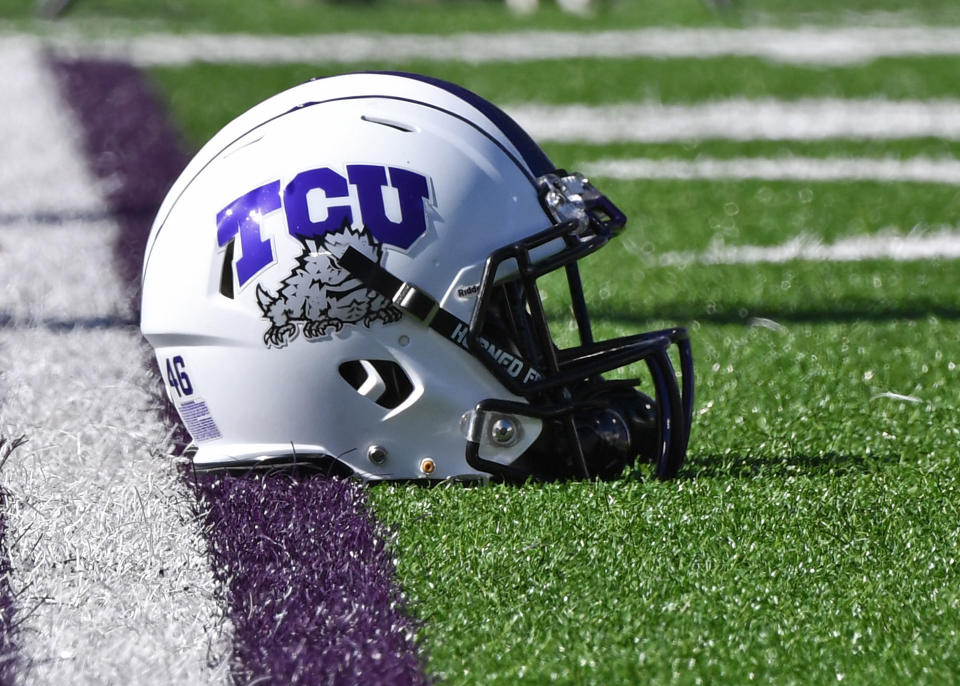TCU gets a year of NCAA probation for athletes getting paid extra at on-campus summer jobs

The NCAA announced Friday that TCU had been placed on probation for a year because 33 athletes got paid for work they didn’t do over a four-year period.
TCU self-reported the violations, which occurred when players didn’t clock out when they were done with their on-campus summer jobs. Per the NCAA, the “excess payments totaled nearly $20,000 over four years and resulted in 22 of the 33 involved student-athletes competing while ineligible.”
That’s an average of less than $5,000 in overages per summer. No wonder schools are starting to speak up and ask for reforms to the NCAA’s current structure.
“The parties agreed that the violations in the football and men’s and women’s basketball programs centered on payment to student-athletes for work not actually performed,” the NCAA’s infractions decision said.
“Specifically, from 2015 to 2018, the institution’s Physical Plant Summer Maintenance Program employed student-athletes from all three programs who, at times, did not clock out when they left the job site. This resulted in 33 football and basketball student-athletes being credited for hours they did not work and receiving pay for work not performed, which rendered the student-athletes ineligible.”
In addition to the one year of probation, TCU was fined over $47,000. The fine includes a self-imposed penalty of nearly $20,000 and 10 percent of the money that the school made for TCU’s appearance in the 2018 men’s NCAA tournament.
The NCAA also noted in its release that a former swimming and diving coach “instructed team managers to engage in coaching activities on numerous occasions,” which resulted in the program exceeding the limit of six coaches in swimming and diving. The former head coach and members of his staff also led athletically related activities beyond the time limits allowed by NCAA rules.
The former coach was given a one-year show-cause penalty.
– – – – – – –
Nick Bromberg is a writer for Yahoo Sports.
More from Yahoo Sports:


